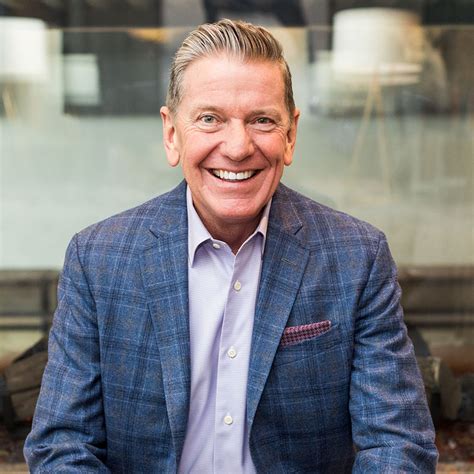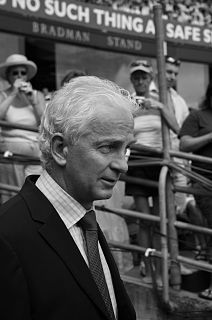A Quote by Frank Abagnale
You have to think a little smarter, be proactive, not reactive.
Related Quotes
Being proactive is more than taking initiative. It is recognizing that we are responsible for our own choices and have the freedom to choose based on principles and values rather than on moods or condition. Proactive people are agents of change and choose not to be victims, to be reactive, or to blame others.
Improvisation, the main thing is it teaches you to be in the moment and present in the moment and be reactive and proactive for what's going on. Someone gives you something - a lot of actors are a little shut off, so they're just doing, "This is my character, these are my lines, I'm going to just send it to you then you send whatever you're sending." Improvisation teaches you to really be listening.
My advice to organizations I work with is always to be proactive rather than simply reactive when it comes to human rights issues. After all, the important process of improving company policies and practices must be carried out without having to be prompted by a labour strike, factory collapse or other crisis.
After Lockerbie, everyone thought, now we've learned the lesson of how to be proactive instead of being reactive. Unfortunately, September 11 came and we know the result. Thousands of people lost their lives. Security totally failed, not at one airport, at three different airports around the country.


































